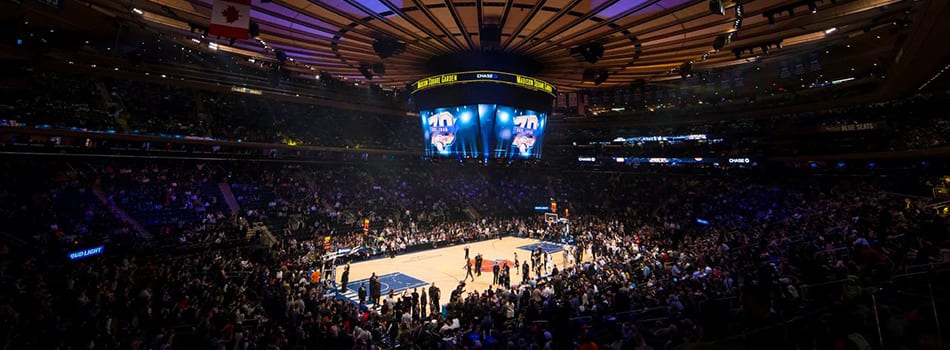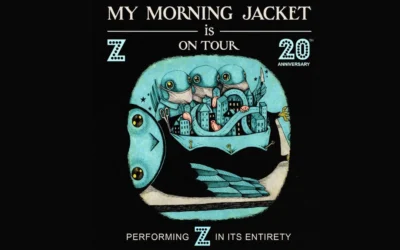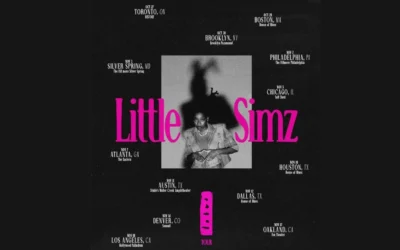Madison Square Garden Entertainment (MSG) is continuing to ban lawyers representing clients who are suing the organization from its events and venues, despite a judge saying they were breaking the law by doing so in a ruling issued this week. MSG, which manages the eponymous Madison Square Garden in New York, plus the Hulu Theater, Beacon Theatre, Radio City Music Hall, and Chicago Theatre, maintains its absolute right to keep anyone out of its buildings, regardless of what the court has said.
“Nothing has changed,” reads a statement from MSG provided to TicketNews Tuesday evening. “Lawyers who are engaged in active litigation against MSG are still barred from all events and all venues. The Judge’s ruling [Monday] did not change that.”
On Monday, Judge Lyle E. Frank ruled that MSG was limited in its ability to ban lawyers representing their clients from concert and theatrical events, adding that “there appears to be no rational basis for the policy instituted by the defendants except to dissuade attorneys from bringing suit against them.”
His ruling was somewhat limited in that it did not apply to sporting events at all, and did not change the fact that MSG can refuse to sell tickets to anyone it wishes, and can cancel tickets prior to events at its discretion. It did indicate that anyone who arrived at the venues with a valid ticket at the time of a show would have to be let in, even if they were among the lawyers representing clients suing MSG.
Obviously, MSG disagreed with that reading.
“You and all Affected Attorneys are hereby put on notice that any tickets to MSG Venues that they previously acquired or acquire in the future – whether purchased directly by an Affected Attorney, purchased through a reseller, or acquired through a third party – are hereby revoked and deemed revoked, void and invalid with respect to the Affected Attorneys, and the company will not permit any Affected Attorneys to be admitted into the venue,” reads a letter sent to the offices of Davidoff Hutcher & Citron from MSG SVP of Legal & Business Affairs Hal Weidenfeld following Judge Frank’s ruling.
“Please be on notice that [MSG] will take appropriate steps to enforce this policy, should you or any other Affected Attorneys attempt to gain entry to any of the MSG Venues with revoked tickets, as these tickets have been revoked and the Affected Attorneys now know in advance they will not be admitted.”
In essence, MSG is telling those suing them that there is no such thing as showing up with a valid ticket, which would require them to be honored and let into the building per Frank’s order. Rather, their possession of a ticket renders it automatically invalid – a pre-emptive invalidation that Hutcher says violates the law.
In response to MSG’s letter, Hutcher told MSG that the attempt to continue banning lawyers representing their clients despite Monday’s ruling was “completely idiotic” and the “stupidest thing,” quiting a Delaware Chancery Court judge. “The November 14 Letter is nothing more than a cynical and extremely misguided attempt to circumvent Judge Frank’s decision and order dated November 14,” he wrote. “As such, I will treat the admonitions and threats contained therein as a nullity.”
Hutcher continued by informing MSG that the plaintiffs (he and his lawyers) will seek an order to have it held in contempt should they continue to disregard the order.
Monday’s ruling also does not have any impact on the ongoing lawsuit involving Hutcher’s clients and MSG. In that lawsuit, a group of 24 ticket resellers allege that MSG and its component organizations are violating New York’s Arts & Culture laws regulating ticket resale broken the law by voiding season ticket accounts or tickets it had deemed held by resellers.
New York’s Arts and Cultural Affairs laws protect consumers from event operators stripping their rights to attend events over them having sold tickets legally purchased for events in the state. It was renewed – against strong opposition from organizations like Live Nation and MSG – earlier this year. Hutcher’s firm represented ticket resellers in a similar lawsuit against the New York Yankees in 2019, earning a settlement from the organization that restored the tickets to his clients.
It was just days after that action was filed that Hutcher and other attorneys in his practice were informed they were banned from all MSG venues, which spurred further legal action that led to this ruling.
One question that goes unanswered in all of this back-and-forth is how the actual Arts and Cultural Affairs laws might impact all of this action over ticketing. In a broad sense, New York’s state laws protect consumers from the most rigid interpretations of tickets being subject to the whims of the event operator or venue after they have been sold. It is unclear whether or not the attorney’s at the center of this dispute have any protections under those laws from such capricious action by MSG. We are hoping to get some additional information on that front for a follow-up story later this week.
The full document detailing Frank’s ruling (PDF, opens in new tab)
MSG’s Letter to Hutcher regarding its plans to continue banning attorneys (PDF opens in new tab)




